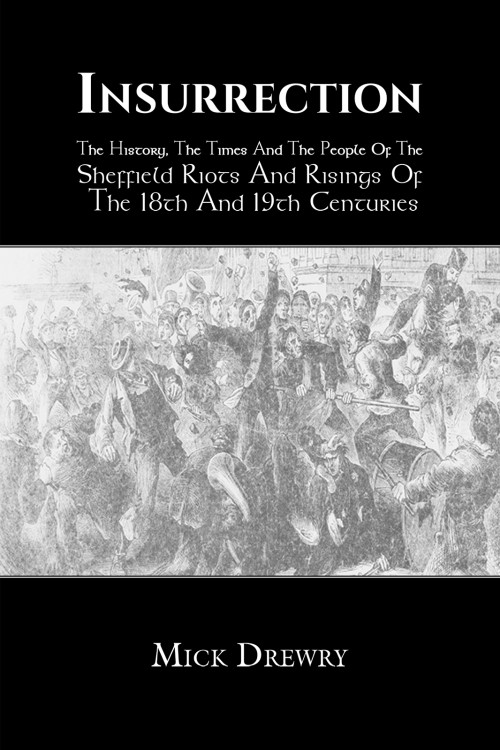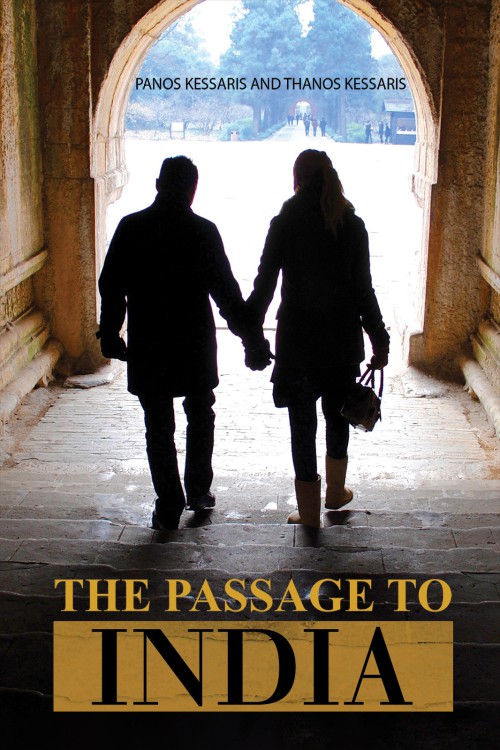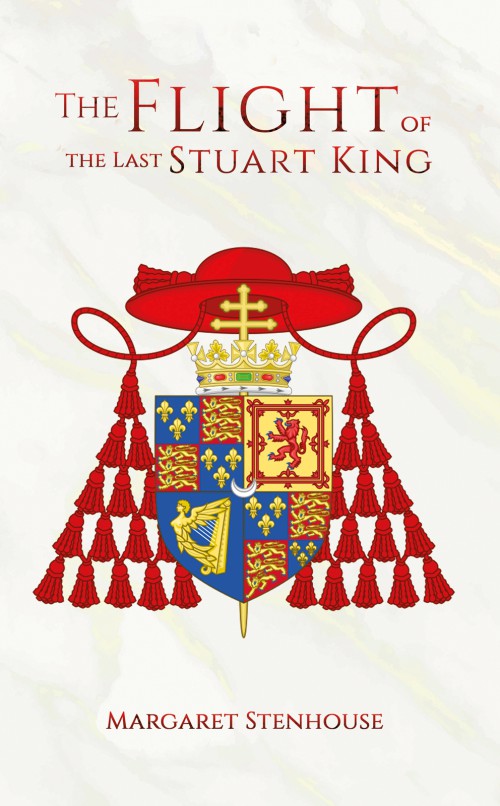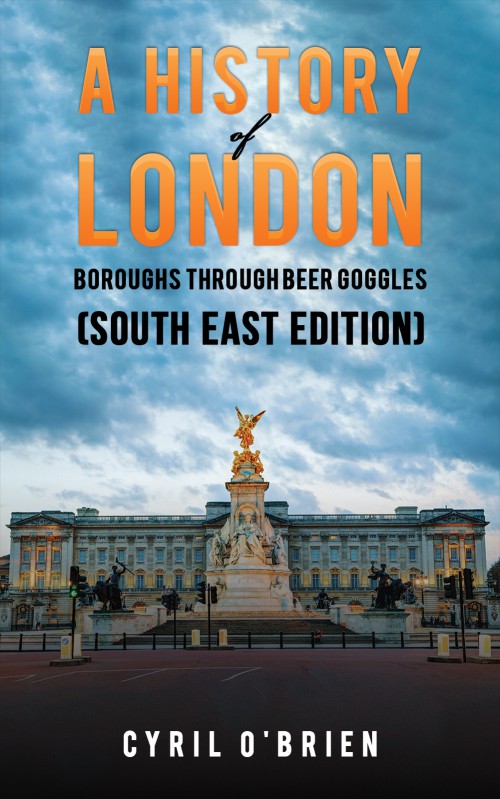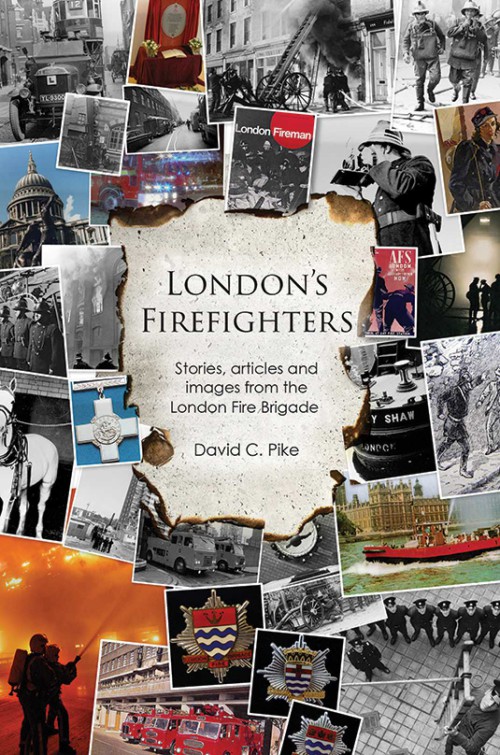‘Damn bad place Sheffield,’ said King George Ill, reflecting on the town’s reputation as a hotbed of radicalism with revolutionary tendencies, a reputation it maintained for much of the 19th century, augmented by the numerous times that the Riot Act was read to the Sheffield mob. Yet few Sheffield riots were in the name of revolution. They were more to do with social inequalities, injustice and deprivation, only the Chartists’ rising and connections with the Pentrich rising came close to revolution. The price of provisions, the lack of democracy, oppression and perceived assaults on social norms by new religious movements were the dominant causal factors of social disorder in the Sheffield of the 18th and 19th centuries, the protagonists being coal owners, market traders, magistrates, politicians, the police, the militia, resurrectionists, Wesleyans, Mormons and Salvationists. A personal dispute and an attempted robbery also brought out sections of the Sheffield townsfolk in protest and riot. Some of the events in this book will be familiar to the student of Sheffield’s history; some of the events will amaze them; all of the events detailed in Insurrection will fascinate the general reader.

